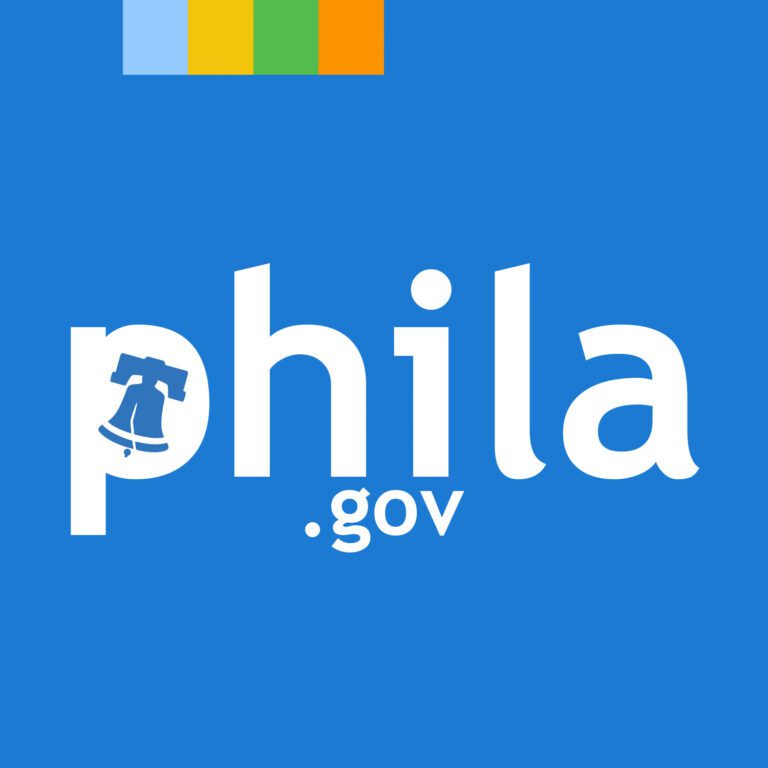PHILADELPHIA — The Department of Health has announced that the Lower Northeast will have two new City-run Health Centers. The first Health Center will be located in the Frankford Transportation Center, an easily accessible hub for the entire Frankford community. The location of a second Health Center serving the lower northeast will be announced at a future date. The Health Center at the Frankford Transportation Center is planned as a full-service center, with primary care services for adults and children, women's health services, a lab, pharmacy and more. The Northeast has been identified in the Department of Health survey as a primary care desert. The installation of two new Health Centers will go a long way in reducing the lack of primary care options in the community and reducing the current long wait times for appointments at the nearby Health Center 10.
“I, and the rest of Kenney's management team, could not be more excited about today's announcement,” said CEO Tumar Alexander. “These projects are part of the city's commitment to its residents. We know that for too long, residents of this part of the city have struggled to gain access to primary care. Today, we are taking the first step to change this reality.
The health center we are building here at the Frankford Transportation Center will be a full-service center, with primary care services for adults and children, women's health services, a lab, pharmacy and more. It will provide high-quality, compassionate, culturally sensitive care in each patient's language.”
The opening of two new Health Centers is part of the Department of Health's ongoing efforts to increase access to primary care in Philadelphia. A 2018 report from the Department of Health highlighted gaps in access to primary care in various neighborhoods in Philadelphia and found that the Northeast region has the lowest rate of access to community health centers in the city. While waiting times at City Health Centers show this lack of access, delays are longer in the Northeast at Health Center 10.


Recent data from the US Census shows that the demographics of the Northeast, particularly the Lower Northeast, have changed over the past decade. These areas have seen the largest increase in poverty, the largest increase in the share of Black, Hispanic, and Asian residents, and the largest increase in the share of foreign-born residents in the city.
“Access to primary care is extremely important to help keep all Philadelphians healthy,” said Health Commissioner Dr. Cheryl Bettigole. “And for too long, many residents of the lower Northeast have not been able to access care in a timely manner. As the former clinical director of Health Center #10 at Cottman and Bustleton, I have seen how desperate the need is for access in this part of town.”
“We cannot continue to allow the waste of human resources that occurs when people are excluded from accessing health care, as is too often the case in our city despite its world-class medical facilities,” the Health Commissioner continued. “Especially for immigrants, our health system can be more of an impenetrable wall than a source of help. I am deeply grateful that this administration recognizes the importance of this access and that as part of our identity as a sanctuary city, we will ensure that residents of such a diverse, international part of our city have access to high-quality, affordable care.”
The Council recently launched a primary care locator website to help residents find their nearest primary care provider.



